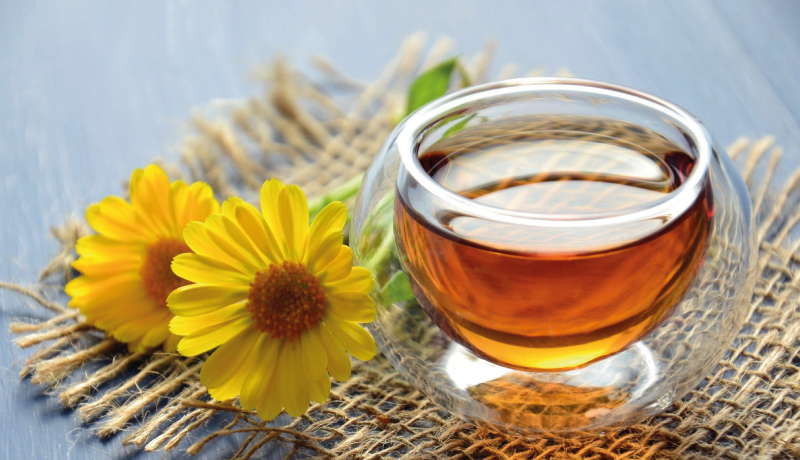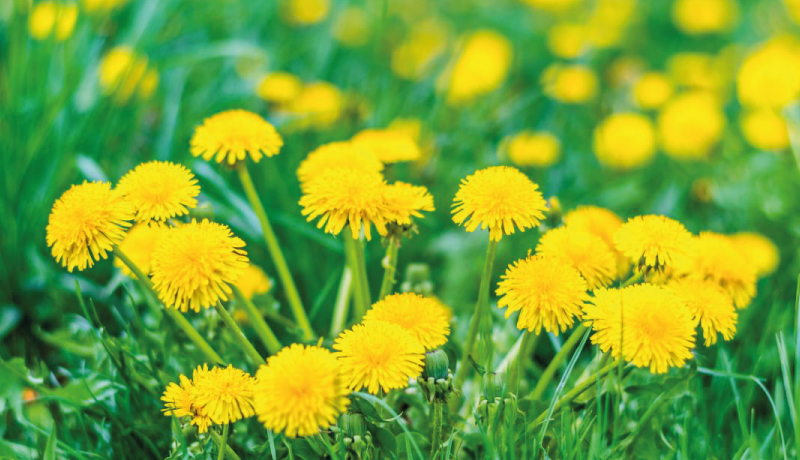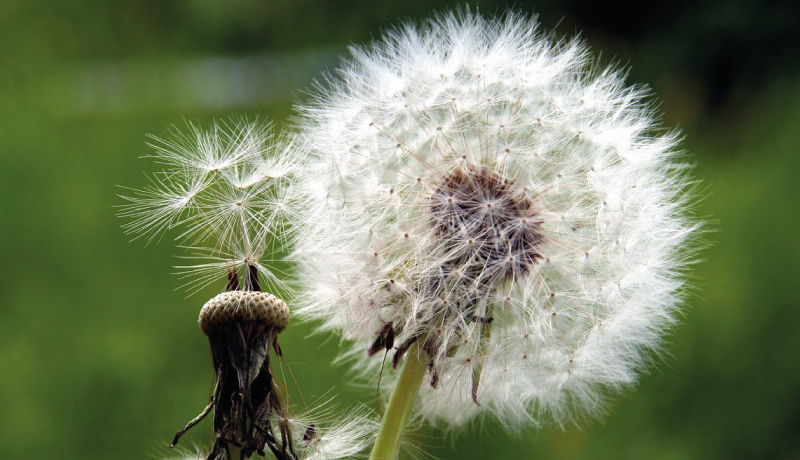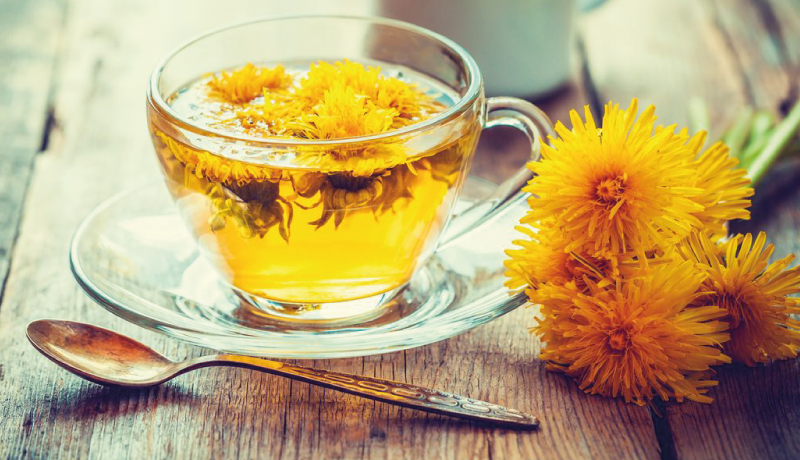



It is a plant whose medicinal use has been documented since the early 11th century, through the writings of well-deserved Persian doctors such as Ibn Sina, better known as Avicenna, and his predecessor Al-Razi or Razí. Avicenna already records in his writings the use of dandelions to stimulate the production of bile and urine. In the 16th century its use was consolidated and its diuretic properties resulting from increasing urine production and its double action on the liver were described: on the one hand it stimulates the production of bile (choleretic effect) and, on the other, its emptying from the gallbladder to the duodenum, facilitating the digestion of fats. This double effect at the liver and kidney level and its mildly laxative action make the dandelion a good cleansing and digestive plant. Already in the twentieth century, in the forties, Dr. Henri Leclerc (1870-1954) pointed out the improvement that was obtained using dandelion infusions in certain skin problems such as eczema, rashes and itching, in those patients in whom the dermatological problems coincided with problems of insufficient liver function, due to the relationship between good liver function and skin health. Dandelion is listed in the European Medicines Agency (EMA) monograph as a traditional medicine (MTP) for mild digestive disorders (such as a feeling of abdominal fullness, flatulence and slow digestion) and to increase the amount of urine and cleanse the urinary tract and kidneys. Due to its bitter taste, it also has an aperitif effect and can be used to whet the appetite.

How to prepare an infusion (tea) mixture of root and leaves in the following preparation:
• Bring 1-2 teaspoons of the mixture to a boil in about 150 ml of water, bring to a boil, remove from heat and let stand 15 minutes. Filter and sweeten to taste. You can have a freshly prepared cup of infusion in the morning and another at night. Contraindications, adverse effects and recommendations Dandelion should never be used in case of biliary problems without the supervision of a doctor and is contraindicated in case of obstruction of the bile ducts. Because it contains bitter substances, dandelion stimulates the production of gastric juice, which is why in certain people it can cause gastric discomfort and hyperacidity. Dandelion preparations should not be taken in the event that for any reason the production of gastric juices must be reduced or in case of taking antacid medications. Dandelion can increase the effect of some medications such as diuretics, anticoagulants and neuromuscular blockers, so in case of taking medications it is recommended to consult your doctor or pharmacist whether or not to take dandelion.